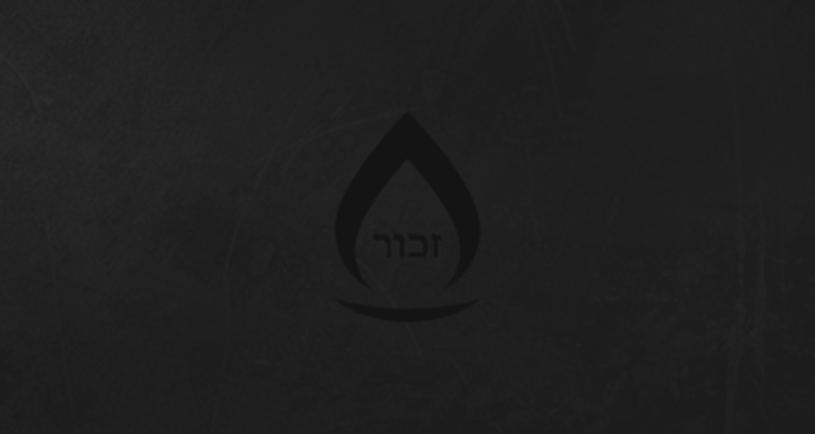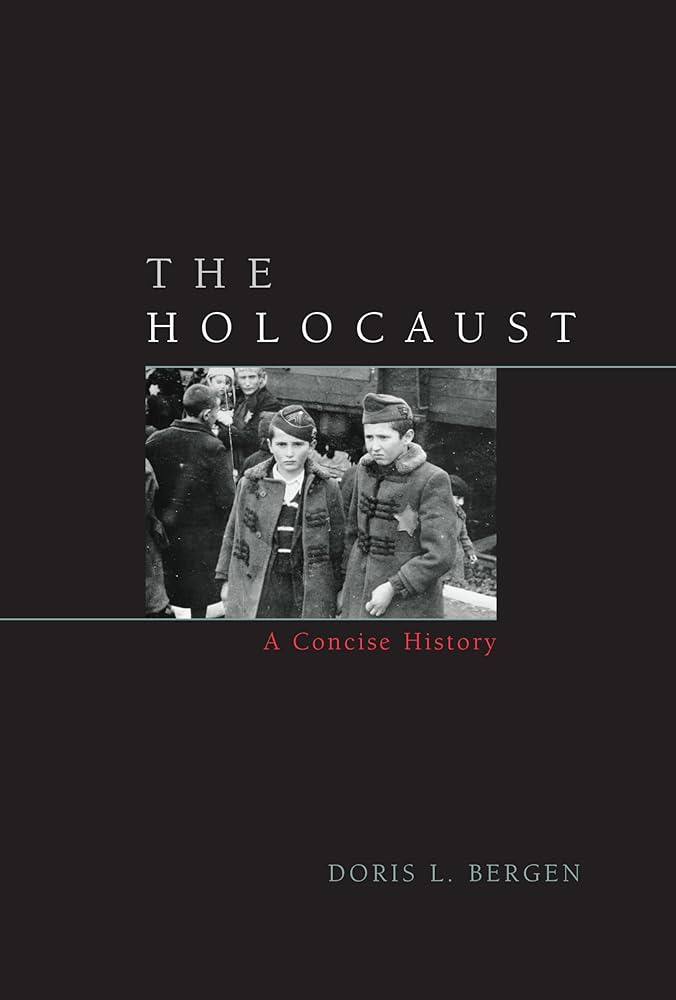The field of Holocaust Studies is changing rapidly. A new generation of scholars all over the world and in a wide array of disciplines is exploring long neglected topics — about relationships and intersectionality within and across victim groups including Jews, Roma, people with disabilities, and LGBTQ2S+ people; about sexual abuse of women, girls, men and boys; about global resonances and responses to the Holocaust in Asia, Africa, and Latin America; about comparisons and connections to other cases of genocide. What does this explosion of scholarship mean for teachers? Can cutting-edge research be incorporated into the classroom, and if so, how?
Doris L. Bergen is the Chancellor Rose and Ray Wolfe Professor of Holocaust Studies at the University of Toronto. Her research focuses on issues of religion, gender, and ethnicity in the Holocaust and World War II and comparatively in other cases of extreme violence. Her books include Twisted Cross: The German Christian Movement in the Third Reich (1996); War and Genocide: A Concise History of the Holocaust (2003); The Sword of the Lord: Military Chaplains from the First to the Twenty-First Centuries (edited, 2004); and Lessons and Legacies VIII (edited, 2008).
To learn more
“Survivors’ Stories” offers a curated collection of testimonies from Canadian Holocaust survivors, featuring a broad array of topics suitable for group exploration. Themes include Anti-Jewish Measures, Deportations, Camps, Early Persecutions, Escape, Forced Labour, among others. Each testimony comes with subtitles for accessibility.
Exploring the process of othering illuminates the processes that contribute to the creation of the “Other,” enhancing our understanding of the preconditions and context necessary for genocide to occur.
“Choose Your Voice” is an educational tool available online at no cost, designed specifically for students in grades 6, 7, and 8. Offered by the Canadian Museum for Human Rights, it aims to educate students on the risks of bigotry and intolerance.
Visit the permanent exhibit


